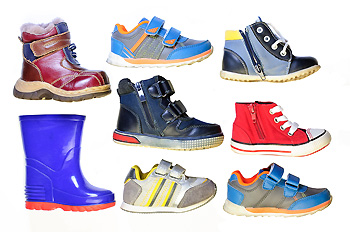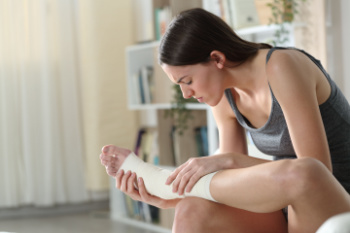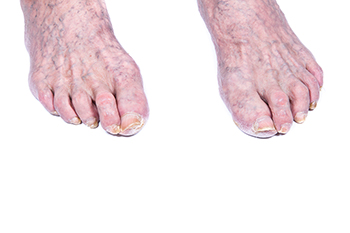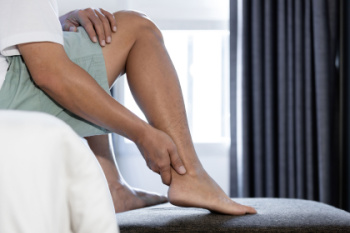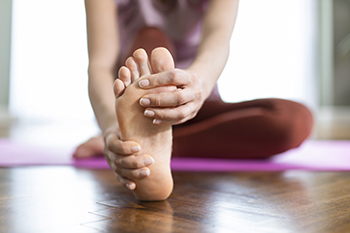
Everyday foot care is essential for keeping your feet healthy, comfortable, and free from common issues like dryness, odor, and rough skin. Begin by washing your feet daily with warm water and a gentle soap to remove dirt and bacteria. After washing, take a few minutes to exfoliate your feet using a pumice stone or foot scrub to slough off dead skin cells and promote smoothness. Follow up by moisturizing your feet with nourishing foot cream or lotion, paying special attention to areas prone to dryness like heels and soles. For an extra treat, indulge in a foot soak once or twice a week, adding Epsom salts or essential oils to warm water to soothe tired feet and soften rough skin. Finally, dusting your feet with a foot powder can help absorb moisture, reduce friction, and keep your feet feeling fresh throughout the day. If you have a foot condition and need help, it is suggested that you confer with a podiatrist.
Everyday foot care is very important to prevent infection and other foot ailments. If you need your feet checked, contact one of our podiatrists from InStride Family Foot Care. Our doctors can provide the care you need to keep you pain-free and on your feet.
Everyday Foot Care
Often, people take care of their bodies, face and hair more so than they do for their feet. But the feet are a very important aspect of our bodies, and one that we should pay more attention to. Without our feet, we would not be able to perform most daily tasks.
It is best to check your feet regularly to make sure there are no new bruises or cuts that you may not have noticed before. For dry feet, moisturizer can easily be a remedy and can be applied as often as necessary to the affected areas. Wearing shoes that fit well can also help you maintain good foot health, as well as making it easier to walk and do daily activities without the stress or pain of ill-fitting shoes, high heels, or even flip flops. Wearing clean socks with closed shoes is important to ensure that sweat and bacteria do not accumulate within the shoe. Clean socks help to prevent Athlete’s foot, fungi problems, bad odors, and can absorb sweat.
If you have any questions please feel free to contact our offices located in Concord, Charlotte, and Salisbury, NC . We offer the newest diagnostic and treatment technologies for all your foot and ankle needs.



